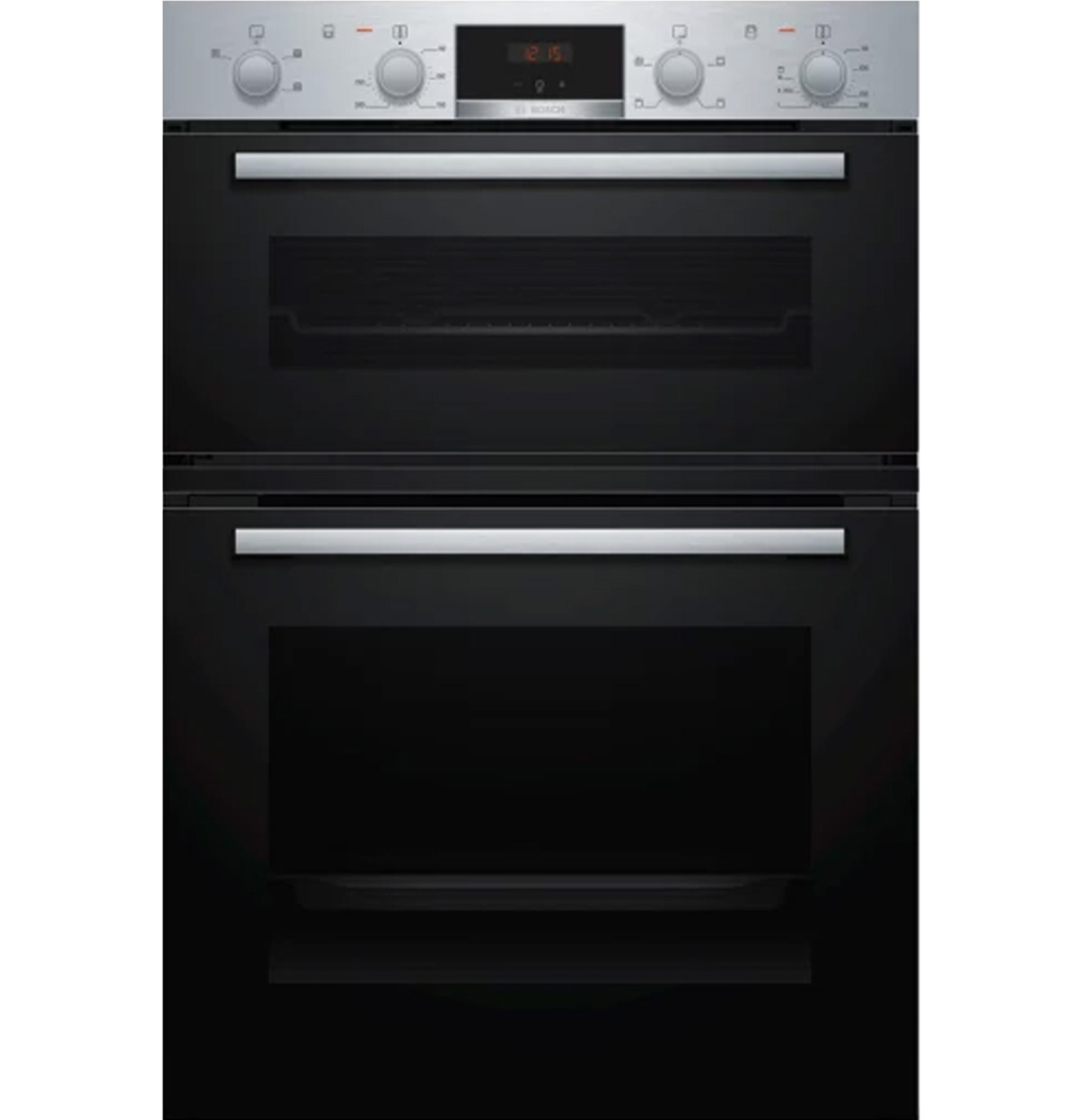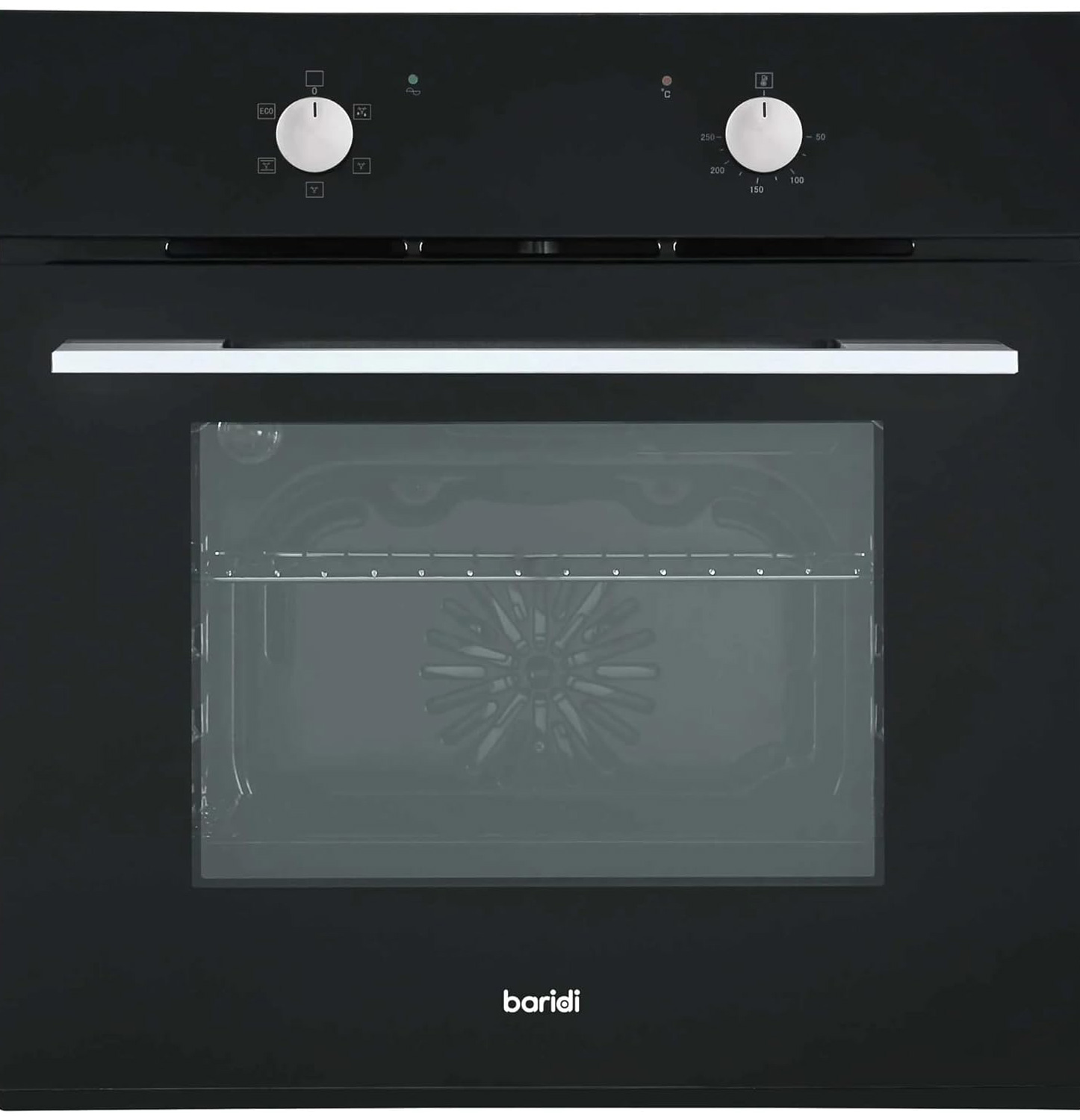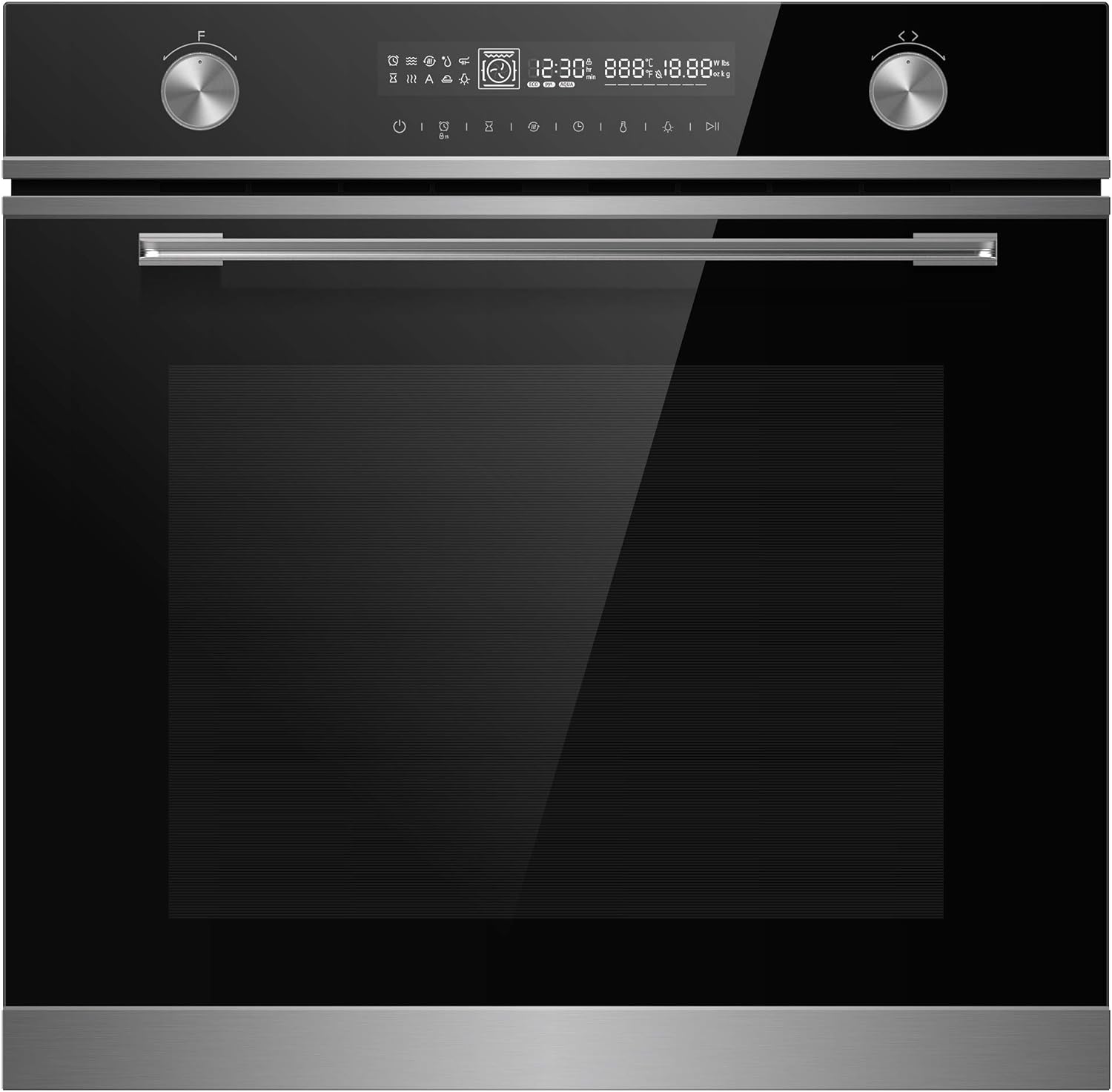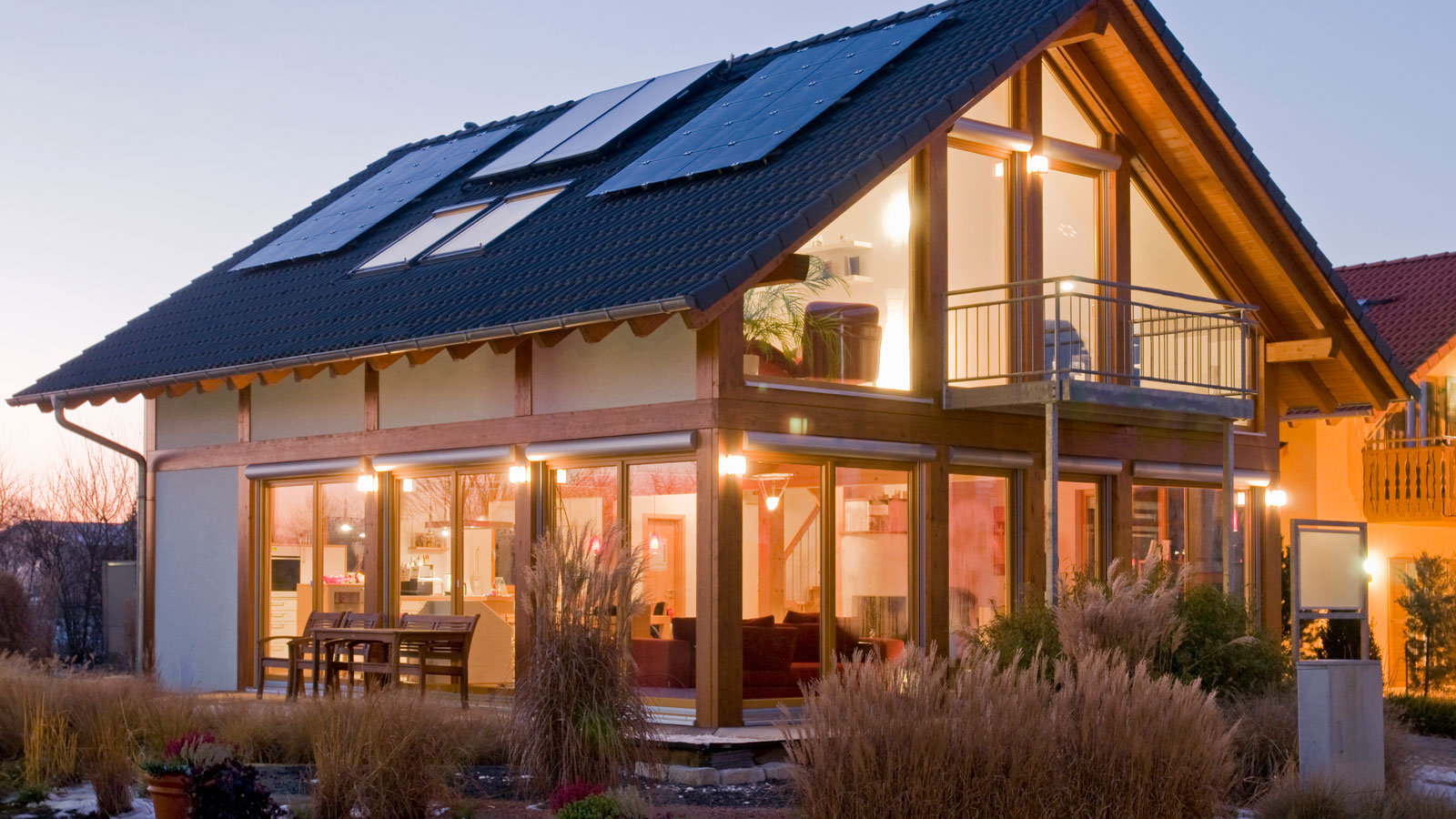Conventional vs convection oven – which is best?
Conventional vs convection oven – just what is the difference and which will be best for your kitchen requirements? Our guide explains what sets the two apart and the pros and cons of each
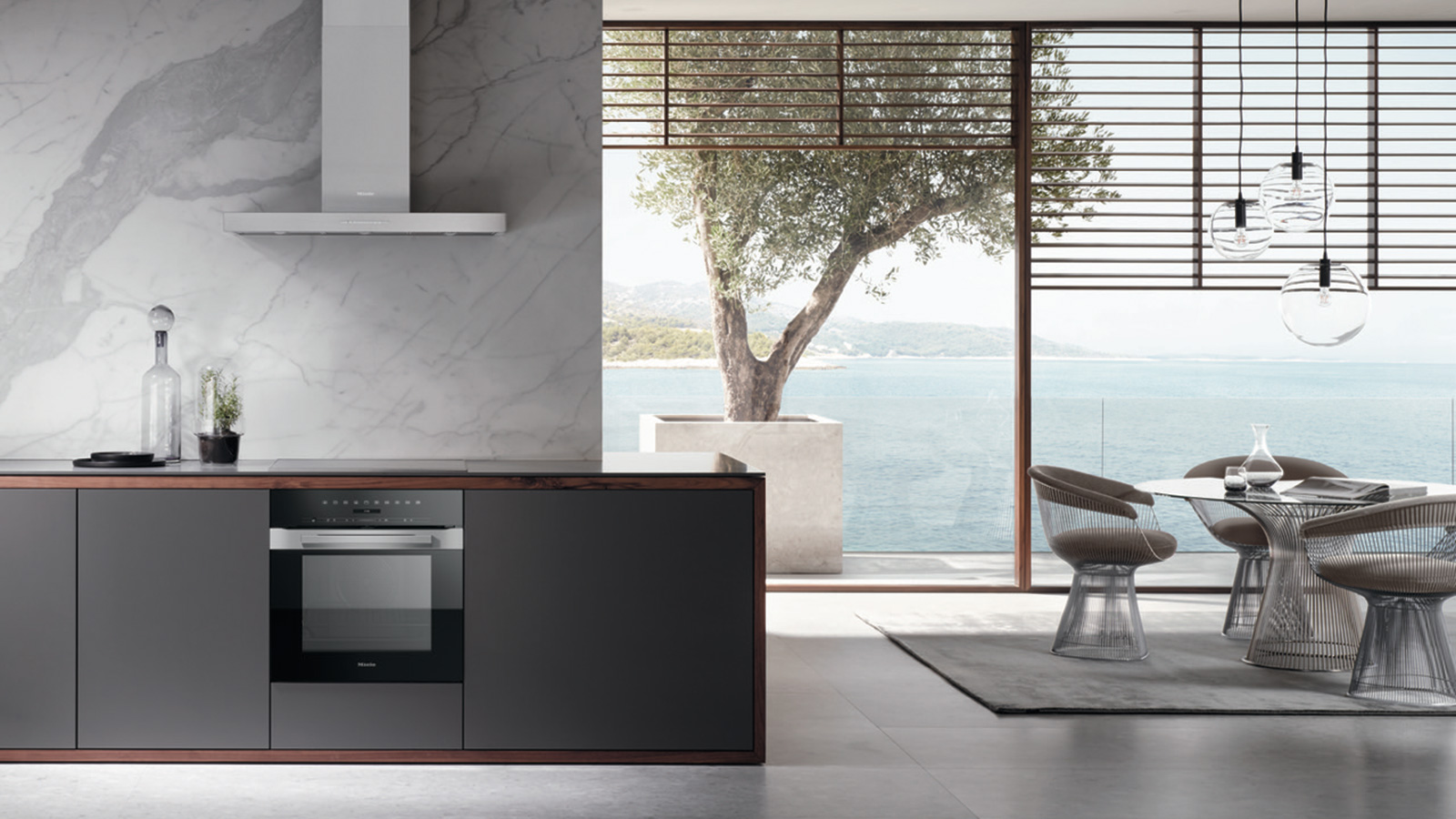
For many people choosing a new oven, the choice will be between conventional vs convection. These cooking appliances work in slightly different ways, making them better for some types of cook than others.
When it comes to choosing kitchen appliances, you will find that there are many different types of oven. However, conventional and convection are both popular choices so it is a good idea to understand how each works and the advantages and disadvantages of both. In this way you can be sure that you are buying the right one for your needs.
Take a look at our handy guide to the differences between conventional and convection ovens to help you make the right choice.
How does a conventional oven work?
First off, what is a conventional oven? This is one of the simplest types of oven. Within the oven itself are two heating elements, one on the top and one on the bottom. These elements heat the air inside the oven and can be used individually or together, depending on the type of cooking you are doing – roasting, grilling, baking and so on.
What is a convection oven?
Convection ovens are slightly newer types of cooker and are also sometimes known as fan ovens.
Like conventional ovens, convection ovens still have two heating elements but they are also fitted with a fan to help distribute the heat generated by the elements around the oven cavity, giving a more even heat.
In some cases you will see the term 'true convection.' This means the oven has a third heating element, located at the back of the oven. The idea behind this type of convection oven is that they can reduce cooking times thanks to the way that heat quickly and evenly reaches all areas of the cavity. These ovens often require no preheating either.
Bring your dream home to life with expert advice, how to guides and design inspiration. Sign up for our newsletter and get two free tickets to a Homebuilding & Renovating Show near you.
Conventional vs. convection ovens
So, which should you choose? For many people delving into the world of built-in ovens, the choice comes down to a conventional oven or a convection oven. If you are struggling to decide it can help to take a look at the advantages and disadvantages of each,
"Fan-assisted ovens, also known as convection ovens, offer a swifter, more even cooking experience thanks to the way they circulate hot air," explains James McCartney, business development director at Appliance City. "Another benefit of this type of built-in oven is that it lowers energy consumption by 20%, helping to keep your bills as low as possible. This all gives you less to worry about and more time to enjoy your cooking space."
"A convection oven uses a heating element combined with a fan to distribute the heat around the cavity; this results in faster and more even cooking as food can be cooked on multiple shelf levels without compromising the results," adds Tom Akers, product training manager at Miele GB. "In contrast, a conventional oven is not assisted and simply uses a heating element in the roof and floor of the cavity. Due to the lack of heat distribution assistance, this is generally slower than a convection oven and typically requires food to be placed in the centre of the oven for best results.”
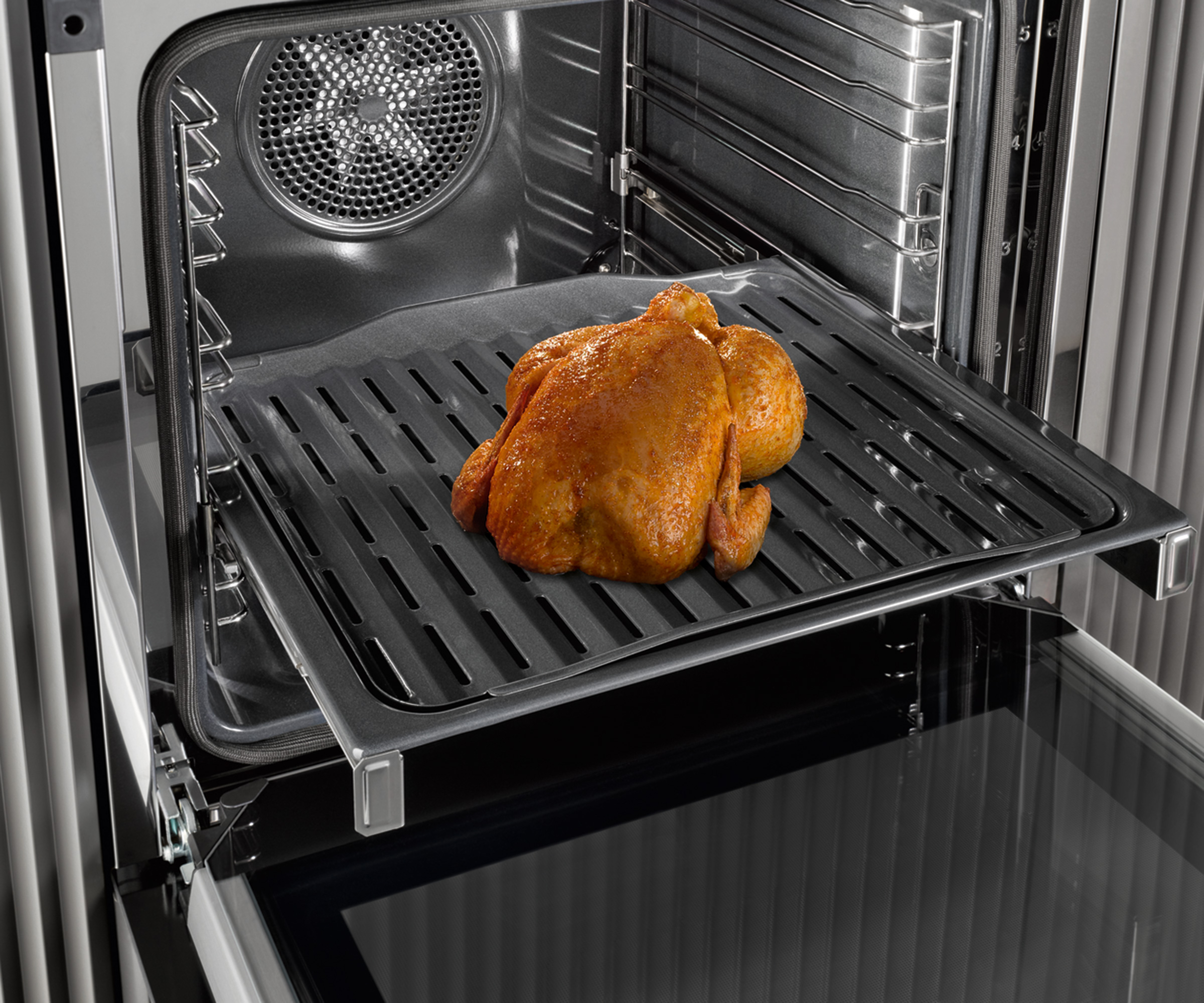

James McCartney is business development director at Appliance City. James is an appliance expert who has worked in the industry for over 30 years.
Conventional and convection ovens at a glance
| Row 0 - Cell 0 | Conventional ovens | Convection ovens |
| Pros | Cheaper to buy than convection | Even temperature throughout – no hot or cold spots |
| Row 2 - Cell 0 | Better for items that need rising, such as bread | Less, or no, preheating required |
| Row 3 - Cell 0 | Good for keeping food moist as it cooks | Can cook at lower temperatures so lower running costs |
| Cons | Uneven temperatures within the cavity | More expensive initially |
| Row 5 - Cell 0 | Take longer to preheat | More parts to potentially go wrong |
| Row 6 - Cell 0 | Less energy efficient | More controls to get to grips with |

Tom looks after product sales training for Miele’s internal staff, partners in the electrical and kitchen retail trades and national retailers.
Three built-in ovens we love
When designing a kitchen, along with your choice of oven, the appliances you choose need to be considered not only for their practicality but also as part of your kitchen scheme as whole. For some people, built-in appliances will always be best, offering a sleek, fuss-free finish, while in other cases, freestanding goods, such as a professional-style range cooker or impressive American-style fridge freezer will fit in better with the overall scheme.
Natasha was Homebuilding & Renovating’s Associate Content Editor and was a member of the Homebuilding team for over two decades. In her role on Homebuilding & Renovating she imparted her knowledge on a wide range of renovation topics, from window condensation to renovating bathrooms, to removing walls and adding an extension. She continues to write for Homebuilding on these topics, and more. An experienced journalist and renovation expert, she also writes for a number of other homes titles, including Homes & Gardens and Ideal Homes. Over the years Natasha has renovated and carried out a side extension to a Victorian terrace. She is currently living in the rural Edwardian cottage she renovated and extended on a largely DIY basis, living on site for the duration of the project.
